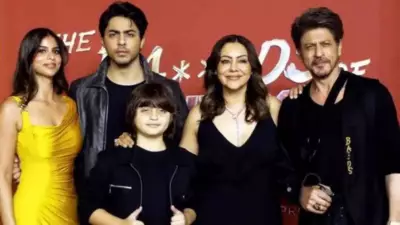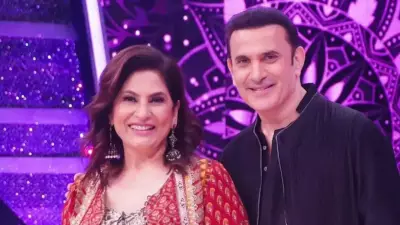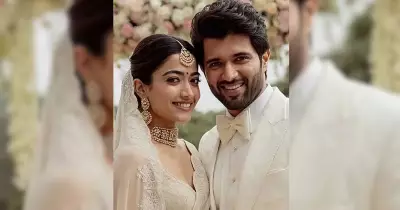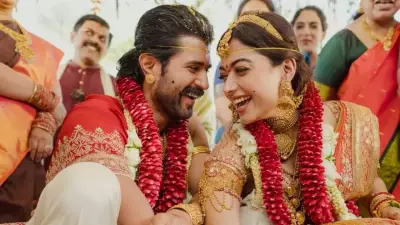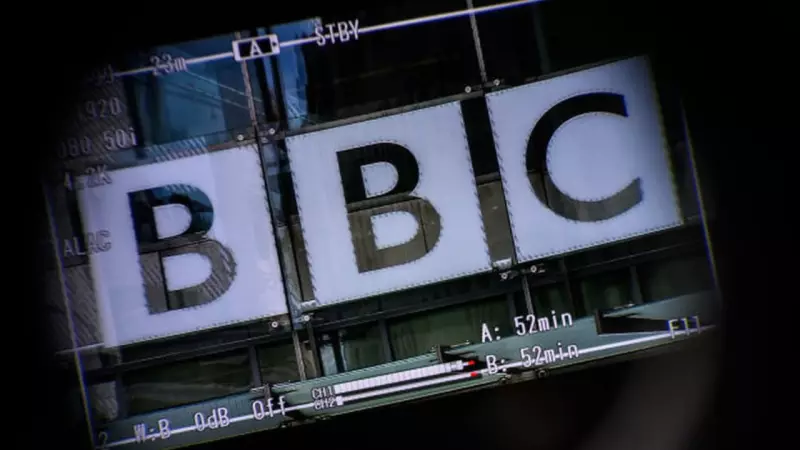
BBC Enters Critical Phase with Leadership Vacancy
The British Broadcasting Corporation faces turbulent times as it begins the crucial search for its next director general following the sudden resignation of Tim Davie. The departure comes after the corporation broadcast an edited version of Donald Trump's January 6 speech, drawing strong condemnation from the White House which labeled the broadcast as misleading.
With questions about media bias dominating headlines and crucial funding discussions approaching, BBC chair Samir Shah has emphasized the need for a smooth transition during this leadership change. The broadcaster finds itself under significant pressure from multiple directions, facing both backlash against its news coverage and shifting audience consumption patterns.
Challenges Awaiting the New Leader
The next director general will need to possess a rare combination of newsroom expertise and strong commercial acumen to navigate the BBC through these challenging times. This requirement has significantly influenced the developing list of potential candidates, which includes some familiar names from previous recruitment rounds alongside new contenders.
Tim Davie served the BBC for over 20 years before his recent departure, leaving behind substantial shoes to fill. The selection process comes at a critical juncture for the 100-year-old broadcaster as it adapts to the rapidly changing media landscape.
Leading Contenders for the Top Position
Alex Mahon, the former Channel 4 chief executive, emerges as one of the most discussed candidates. Although previously approached about the position, she opted not to participate in the final shortlist during the last recruitment cycle. Mahon made history as Channel 4's first female chief executive, steering the broadcaster through nearly eight challenging years that included privatization threats, major restructuring, and the Russell Brand scandal.
Her recent move to Superstruct, a private equity-backed live entertainment company overseeing events like Boardmasters in Cornwall, raises questions about whether the opportunity to become BBC's first female director general might lure her away from her new role.
Charlotte Moore, the BBC's former director of content and another finalist from the previous selection process, brings substantial experience to the table. She managed an impressive budget of £1 billion and played a key role in delivering major successes including The Great British Bake Off, Luther, and Bodyguard.
Moore recently assumed the position of chief executive at Left Bank Pictures, the Sony-owned studio responsible for The Crown. While her return to the BBC remains possible, the timing of her new appointment makes it uncertain.
Jay Hunt, currently serving as creative director for worldwide video and Europe at Apple TV Plus, presents another strong candidacy. Her extensive experience includes senior roles at Channel 4, Channel 5, and the BBC, where she edited flagship news programs and later managed BBC One.
At Channel 4, Hunt orchestrated the high-profile acquisition of The Great British Bake Off from the BBC, while at Apple she supervised successful productions including Slow Horses. Her unique blend of news, entertainment, and international streaming experience makes her a standout candidate.
Other Notable Candidates in Consideration
Carolyn McCall, the current ITV boss, is reportedly evaluating her future while exploring a potential sale of ITV's television business to Comcast. Although approached for the BBC role previously and maintaining high regard in the industry, her nearly eight demanding years at ITV might make her hesitant to undertake another exhausting challenge.
Several other names from past searches have resurfaced in current discussions. Jane Turton, chief of All3Media, and former Sky executive Sophie Turner Laing were both previously approached for the position. Turner Laing currently leads the National Film and Television School's board but hasn't held a major executive role in recent years, which could potentially disadvantage her candidacy.
The 2020 shortlist also featured Will Lewis, now chief executive of the Washington Post. However, allegations connected to the phone-hacking scandal, which he denies, are viewed as making him a high-risk choice for the BBC. Another former finalist, Doug Gurr, previously headed Amazon's UK operations and currently serves as interim chair of the Competition and Markets Authority.
The selection committee faces the critical task of choosing a leader capable of steering the BBC through its current challenges while maintaining its position as a global media leader. The decision will significantly impact the future direction of one of the world's most influential broadcasters.


